The “ Soviet Military Encyclopedia” published in 1983, edited by Soviet Marshal NVOorg-ga-kov and an editorial board consisting of 12 marshals, generals, academicians, professors... and 15 scientific collaborators, on page 335 introduced Clau-gi-vit as follows: “Clau-gi-vit (Clausewitz Karl 1780-1831), German, military theorist, historian, Major General of the Prussian army (1818), participated in the war against France from 1806 to 1807, served in the Russian army from 1812 to 1815. From 1818 to 1830 was the Principal of the Berlin War Academy.
Inheriting the philosophy of Hegel, Kang and Fitz, combined bourgeois progressive (military) thought with the Prussian national spirit. The author of the work "On War", laid the foundation for the argument about war as a political continuity. However, he argued that war is only a continuation of a foreign policy without taking into account internal factors - considered as an expression of the interests of the whole society".
“Almanac of World Civilizations”, Culture-Information Publishing House, published in 1995, Section D “Famous Generals of the World” pages 312, 313, 314 devoted nearly 1,500 words to this general. In addition to basic information, this book also states: “He concluded that: War is a tool of politics, it must be political in nature”… and “conducting war within its main framework of politics, replacing the pen with the sword, but that does not make people stop thinking about its own laws”, “For the first time in bourgeois military history, Clau-gi-vit drafted the basic principles of conducting operations, tactics and war in general. Clau-gi-vit advocated using all forces, concentrating maximum forces in the main attack direction, dealing surprise blows to the enemy.
He contributed to the treasury of military theory on the important role of the spiritual factor in winning victory, arguing that the basic spiritual factor is the talent of the commander, the courage of the army and the spirit of the people from which the army originates. Bourgeois military scholars considered him a classic military strategist of all time, exaggerating the role of the individual and the random factors in war, especially considering the idea of war as unlimited brutality against other nations (we emphasize). And thus this reactionary idea was exploited by the Nazis. However, Claudette is still a famous military theorist in the world. His work On War remains a book for all those who follow the path of military career to read.

General Vo Nguyen Giap and former US Secretary of Defense Robert S. McNamara in Hanoi in 1995 -
When talking about the “relationship” between Vo Nguyen Giap and Clau-gi-vit, author T. Derben, in addition to the first 5 sections (KV Clau-gi-vit, the theorist of people's war; General Giap's war against the French; General Giap's war against the Americans; The formation of General Giap's military career), from section 6 to section 9 are: "Section 6: The story of the reunion between Giap and Clau-gi-vit; section 7: Giap, the leader of war in the Clau-gi-vit style; section 8: Giap, the Clau-gi-vit strategist; section 9: Dien Bien Phu, the "decisive battle" of Clau-gi-vit".
In these 4 sections (6, 7, 8, 9), T. Derben tried to force the views on war and the art of warfare of our people, of Vo Nguyen Giap, to be “basically derived from Clau-gi-vit”. T. Derben wrote: “It was after reading Clau-gi-vit that Giap mentioned the war in Dien Bien Phu. It was Giap who brought up the issue of Derben in the book Vom Krieze (On War) in the chapter “Defending the Forests and Mountains” to Dien Bien Phu… Dien Bien Phu is a type of “big battle” Clau-gi-vit…”.
Those who are knowledgeable about the history of the Vietnamese national liberation war in general and the Dien Bien Phu Campaign in particular see that T. Derben’s association is unfounded: First, no matter how meticulously Clausius wrote about “Defending the mountains and forests”, “Clau-giơ-vit’s mountains and forests” are European mountains and forests, not Vietnam, the Northwest, or Dien Bien. And even the great battles, “great battles” from the Roman, Egyptian, Three Kingdoms, and World War I and II… are not exactly the same as the “Dien Bien Phu stronghold group”.
Moreover, Vo Nguyen Giap did not only read one work, “On War”. T. Derben, in section 4, said that the female reporter Brai-gít-tơ-phương was told by a French staff officer: “He (General Vo Nguyen Giap) did not attend any military school”. T. Derben wrote (page 35): General Giap’s “military knowledge” was self-taught. He studied the campaigns of the empires very deeply. In 1938, during history lectures at a high school in Hanoi, Giap’s students recalled: He drew on the blackboard the positions of Napoleon’s troops… He also introduced his students to the resistance wars of the Vietnamese people and the resistance war against Japan in China. It was during this time that he read a book by TE Laurence which argued that maximum strategic effect can be achieved with a minimum of means.
General Giap's main sources of military knowledge were the classics of Marxism (the writings of Engels and Lenin on the uprising) and the military documents of Mao Zedong and Zhu De. From 1935 to 1940, Giap wrote a column in the Voice of the People newspaper about the activities of the Chinese Red Army. Under the pen name Duong Hoai Nam, Giap wrote the book "To understand the military situation in China" with the intention of introducing to the Vietnamese people the experience of the revolutionary struggle of the Chinese communists.
When the Indochinese Communist Party chose the path of armed struggle, Giap read Mao Zedong’s “On Protracted War” (Trì Cửu Chiến) and Zhu De’s “On Guerrilla Warfare Against Japan” (which he translated himself to read). These military publications helped Ho Chi Minh write “Guerrilla Warfare” (1941), “Experience in French Guerrilla Warfare”, and “Experience in Chinese Guerrilla Warfare” (1945). Ho Chi Minh also translated “Sun Tzu’s Art of War” and other Chinese military classics.
On pages 40, 41, 42, T. Derben continued to write: “Giap had a perfect understanding of the resistance wars against foreign invaders of the Vietnamese people before the Common Era, up to twice against the Song army, three times against the Yuan army, against the Ming army, the Siamese army, the Qing army... and the military organization of the Viet Minh (the author still confuses the Viet Minh with the Viet Nam-TG) was directly inherited from this past and people saw it all again in Giap's command talent”. On page 44, T. Derben said: “This military heritage also helped Ho Chi Minh write the chapter “Peasant Uprising” in the book “Armed Uprising”, an unofficial book of the Communist International, the chapter in which Ho Chi Minh gathered a lot of experience in the Eighth Route Army and in the Xi'an region of the Soviet Republic”.
Thus, readers can clearly see that General Vo Nguyen Giap, through self-study, "gathered" for himself the ancient and modern military knowledge, East and West, of regimes, of many nations, many "isms", with the traditions, military theories, and wars of the Vietnamese people under the guidance of his teacher Ho Chi Minh, became a Marxist-Leninist military theorist, bearing the mark of Ho Chi Minh, and at the same time the Commander-in-Chief of a people's army that defeated at least "two great empires".
Clau-gi-vit did not have to bear the heavy responsibility of being the Commander-in-Chief of a nation's army. He also did not have to shoulder the mission of commanding and leading a people's war of national liberation, except for a short time of cooperation with the Russian army under the command of Ku-tuzov to defeat Napoleon on Russian soil.
It is acceptable that General Vo Nguyen Giap read and “paid attention” to many points in “On War”, to the explanations, opinions, and viewpoints of Clau-gi-vit “in accordance with the Vietnamese revolutionary war”. Vo Nguyen Giap did not completely agree with all of Clau-gi-vit’s arguments about war. And the merits and contributions of Vo Nguyen Giap are not only of a Clau-gi-vit nature, but also of humanity, of Sun Tzu, of Napoleon, of Su-vo-rop, Ku-tu-dop, Stalin, Zhu-cop, Mao Zedong, Chu Duc… combined with the military intellectual heritage of the Vietnamese people, under the light of dialectical materialism-historical materialism, according to Ho Chi Minh’s thought.
From that perspective, Vo Nguyen Giap is somewhat “different” from Clau-gi-vit. The General has “combined” and “surpassed” many military theorists as well as army commanders.
Source: People's Army Newspaper
Source




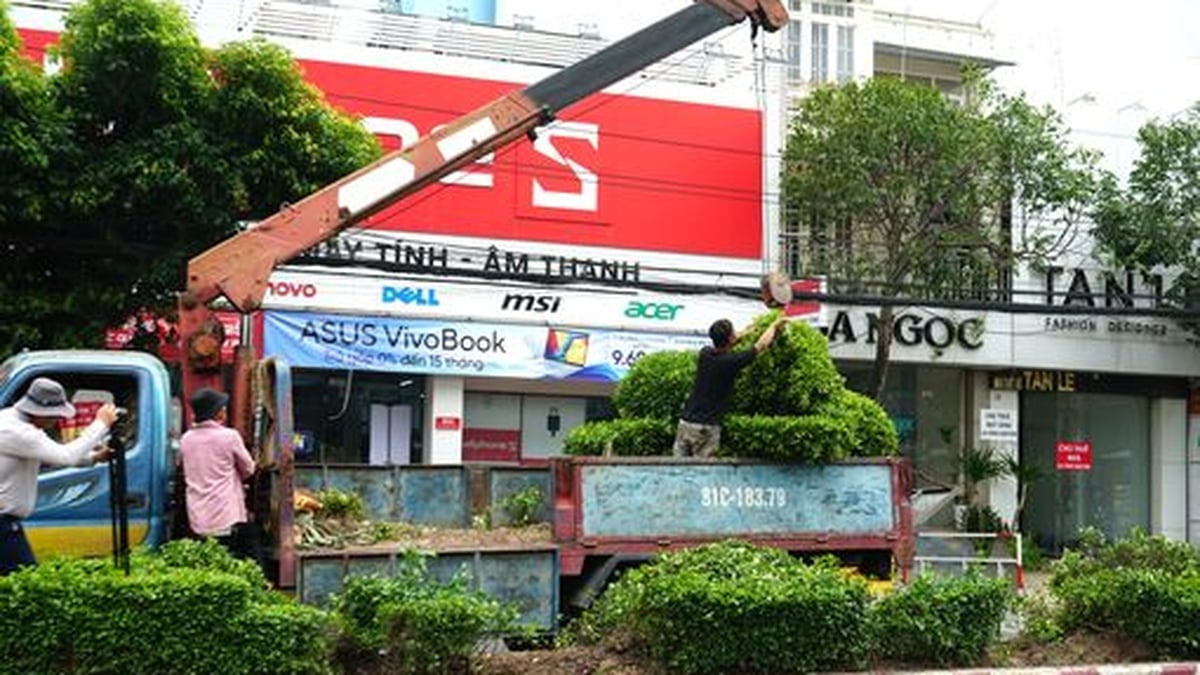
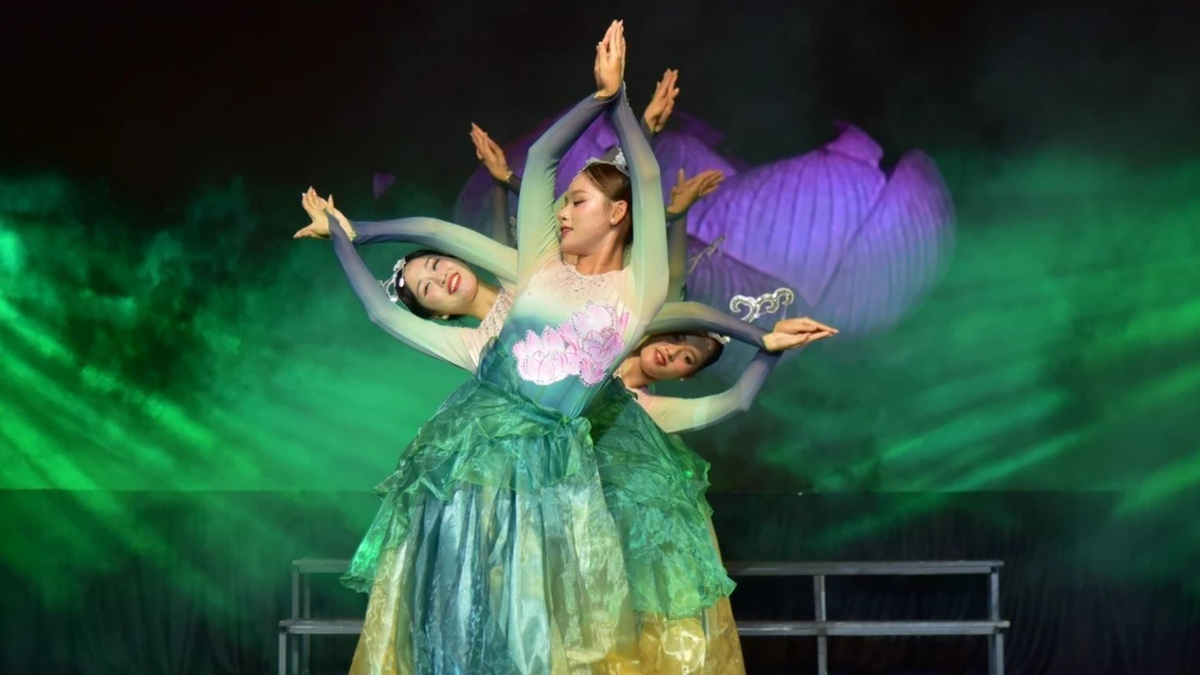

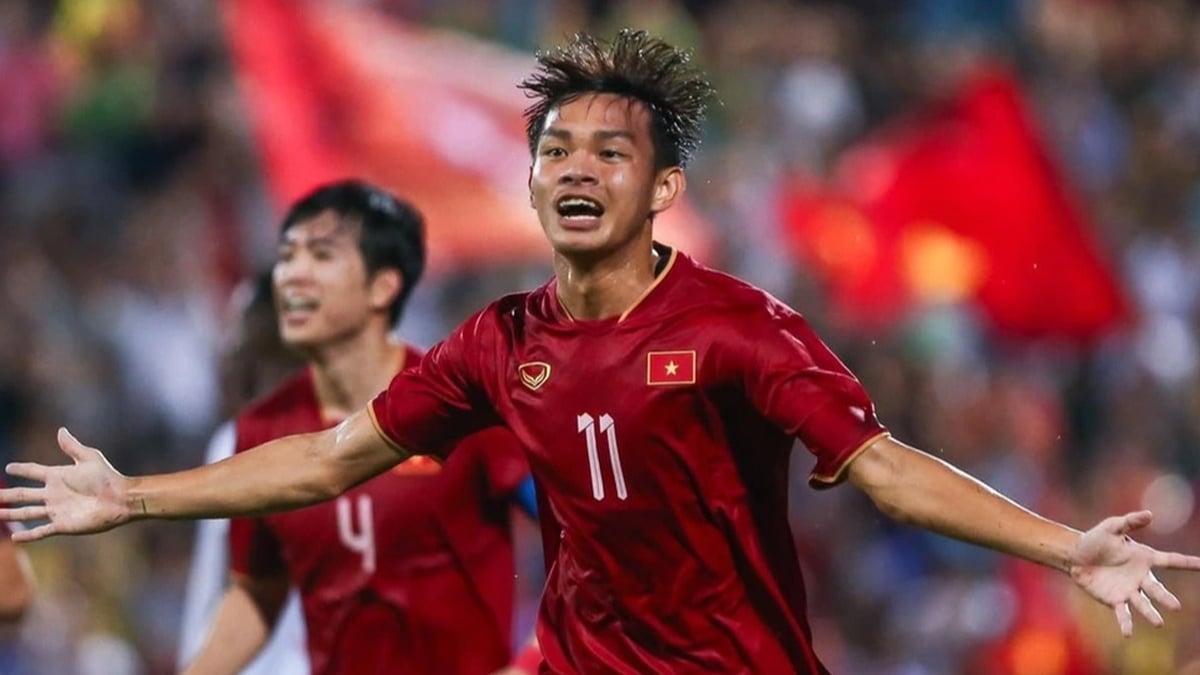

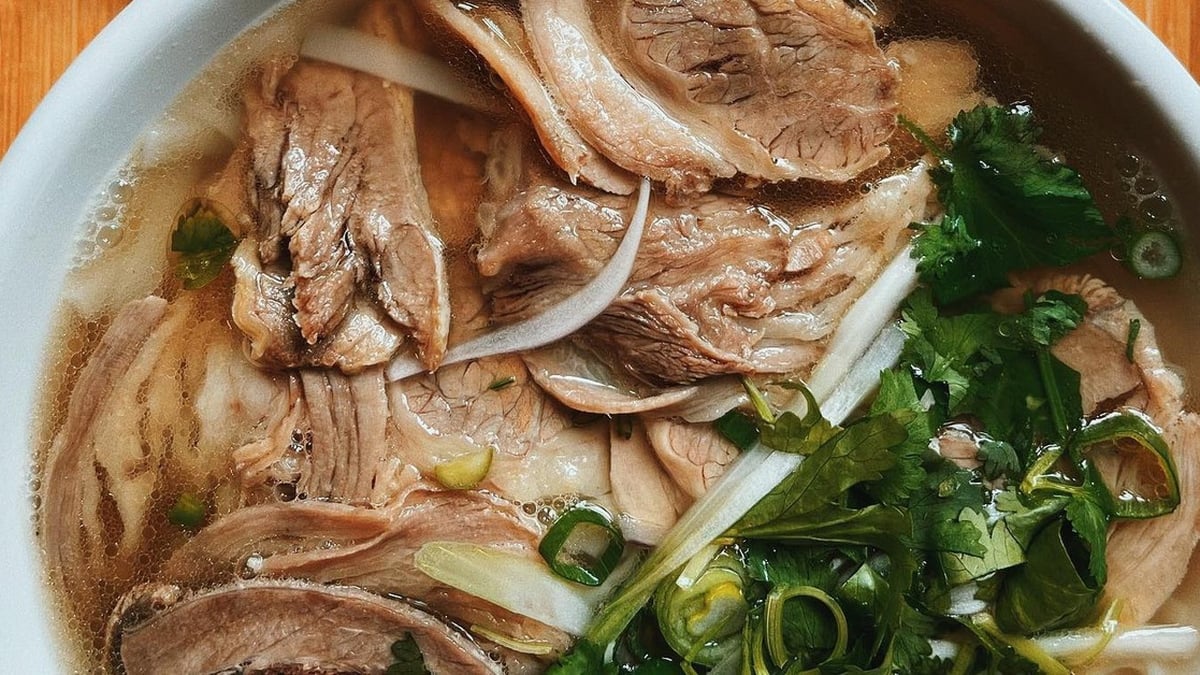
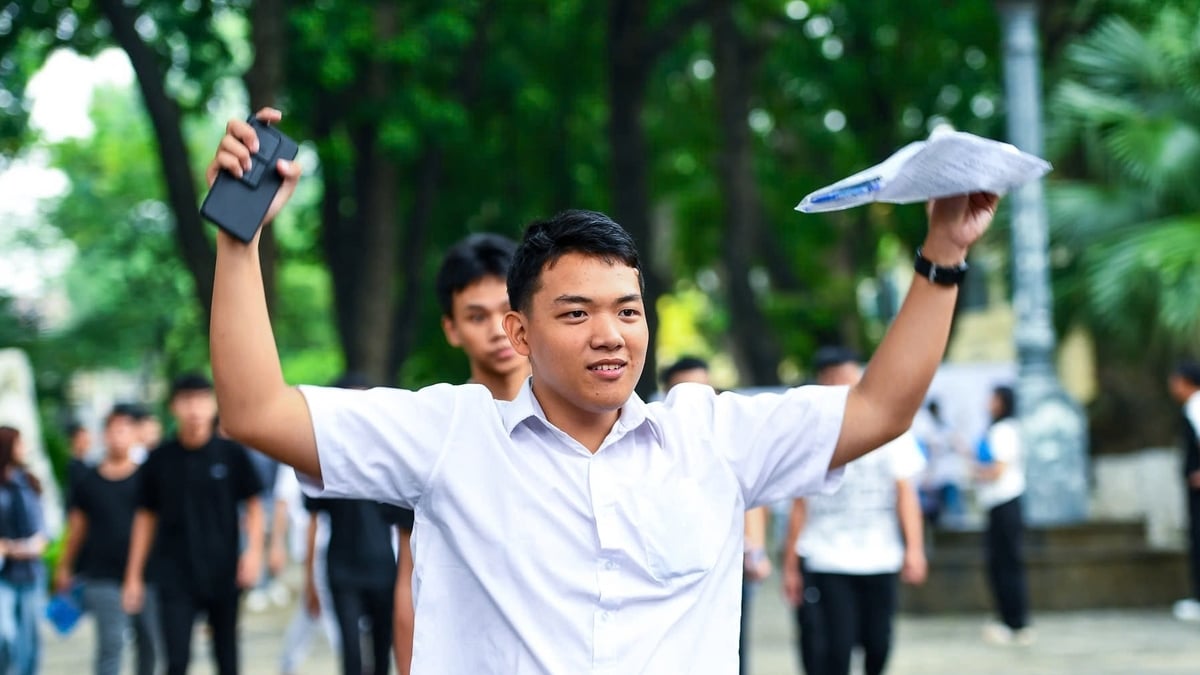
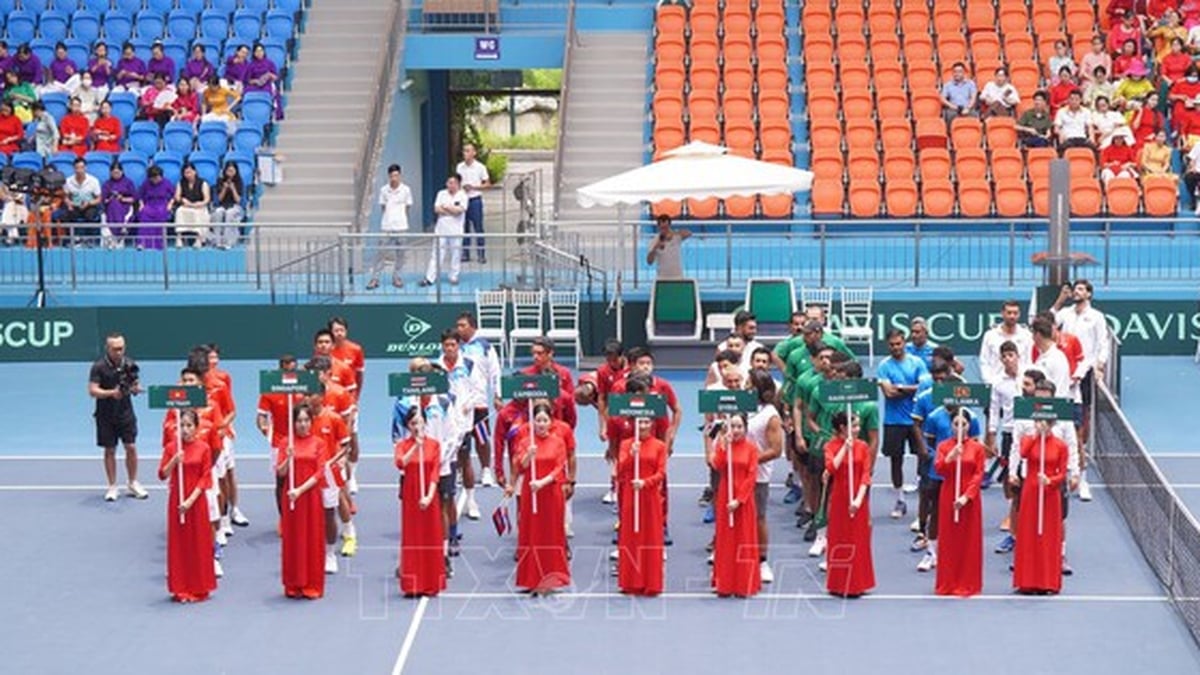

































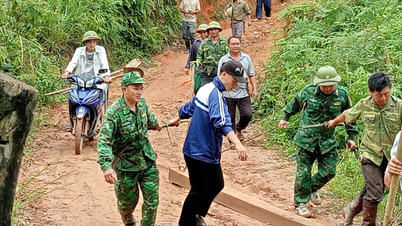

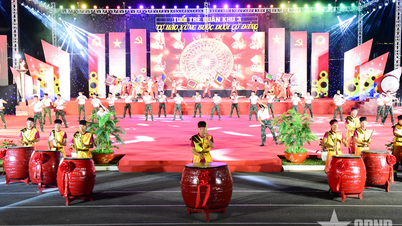

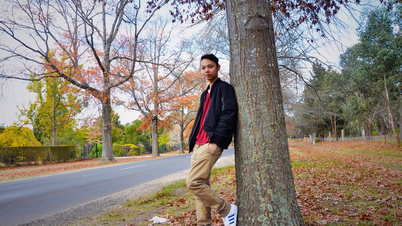

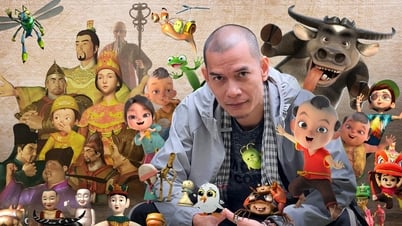



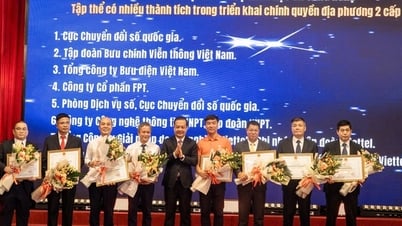








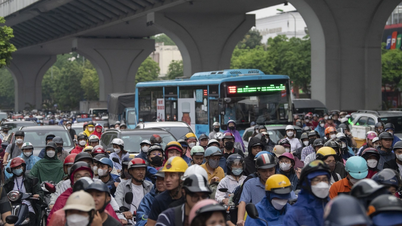
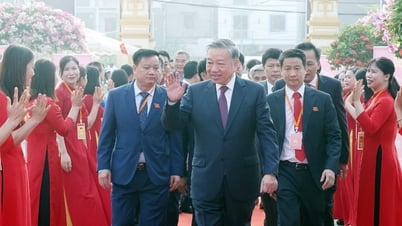

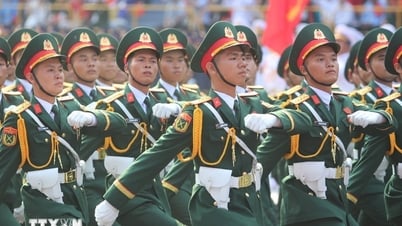


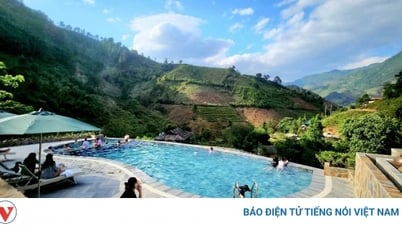
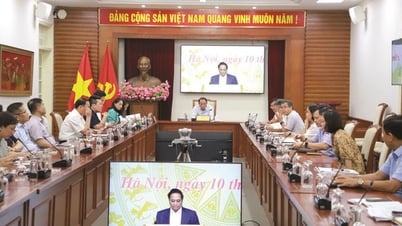

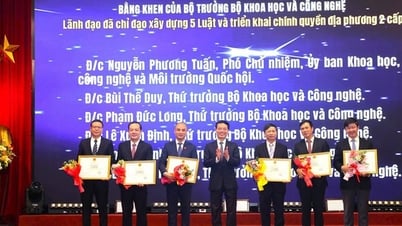

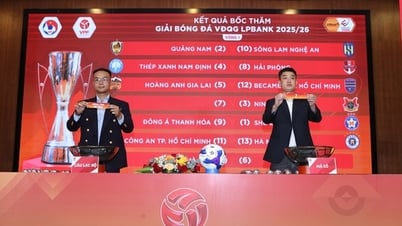




















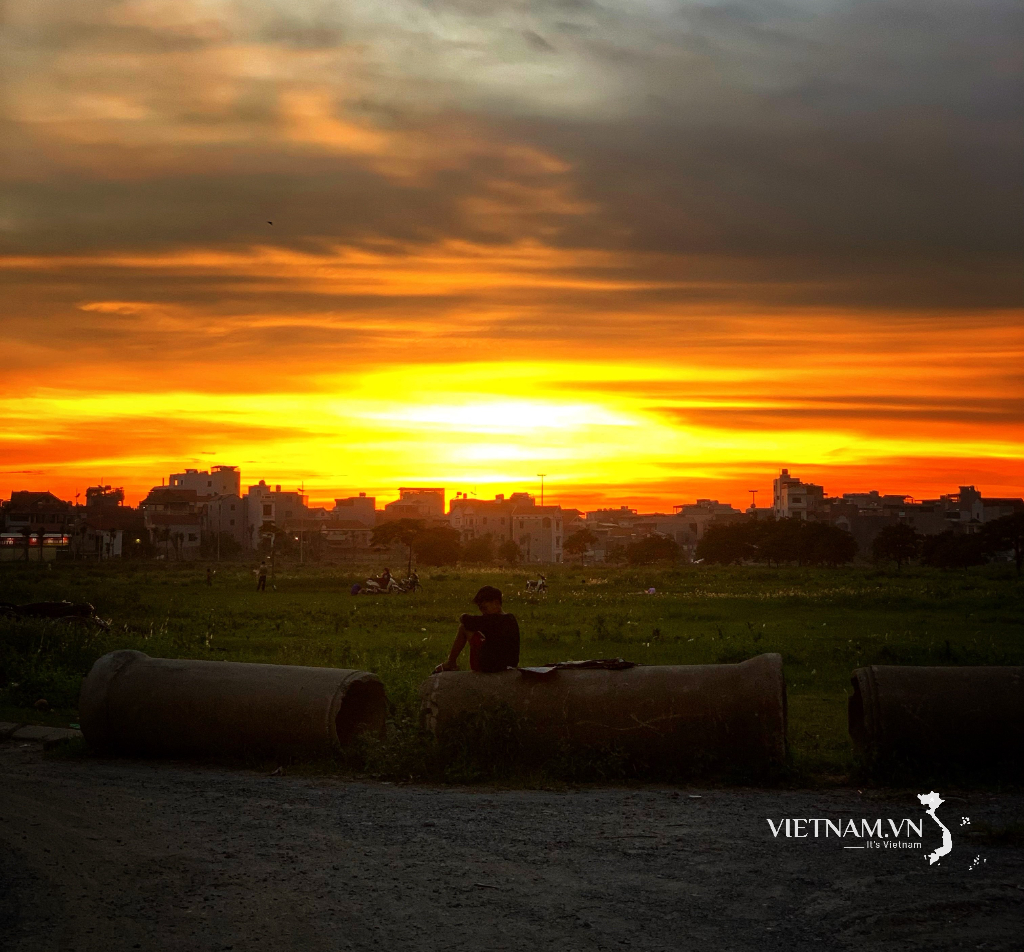

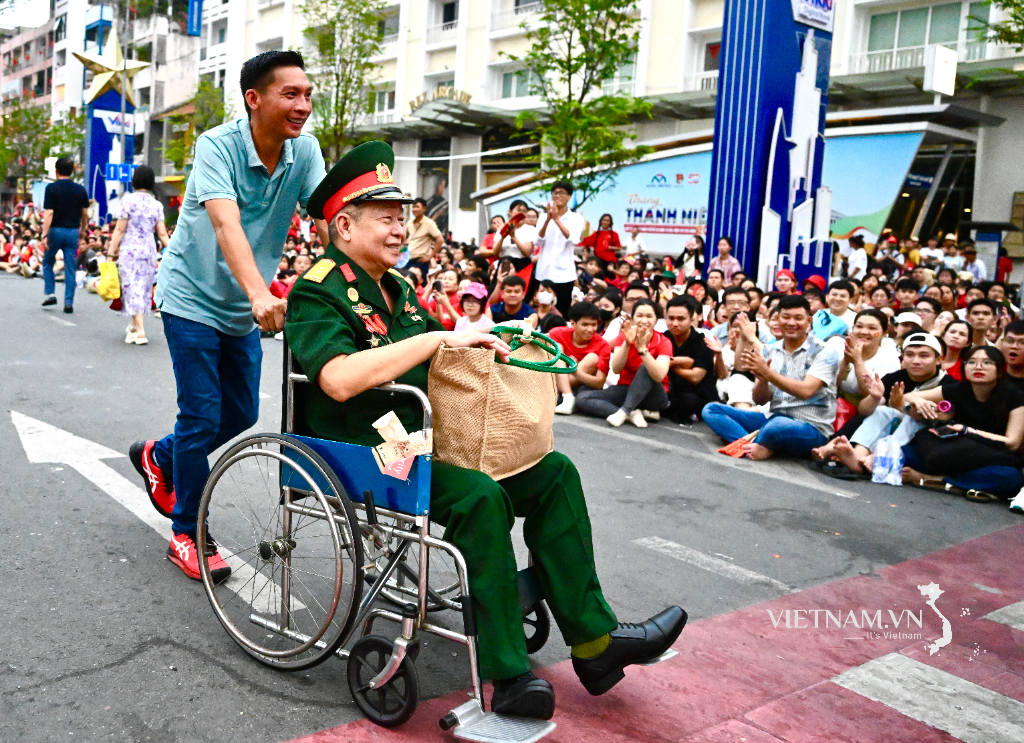

Comment (0)